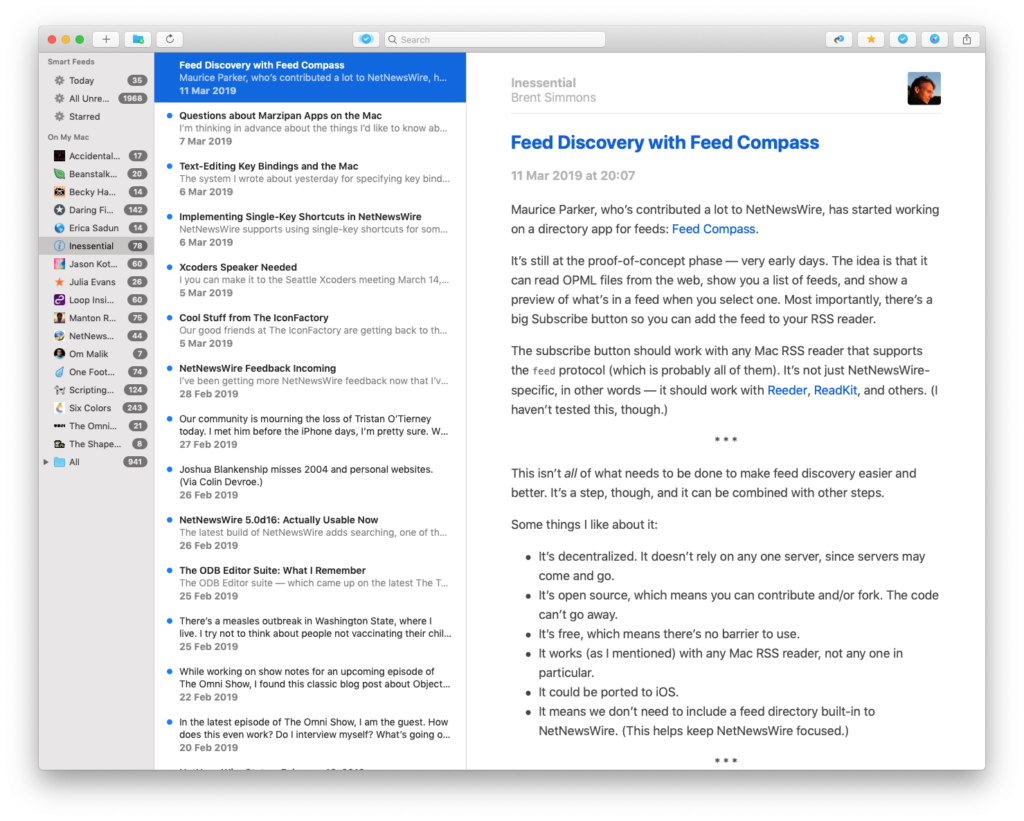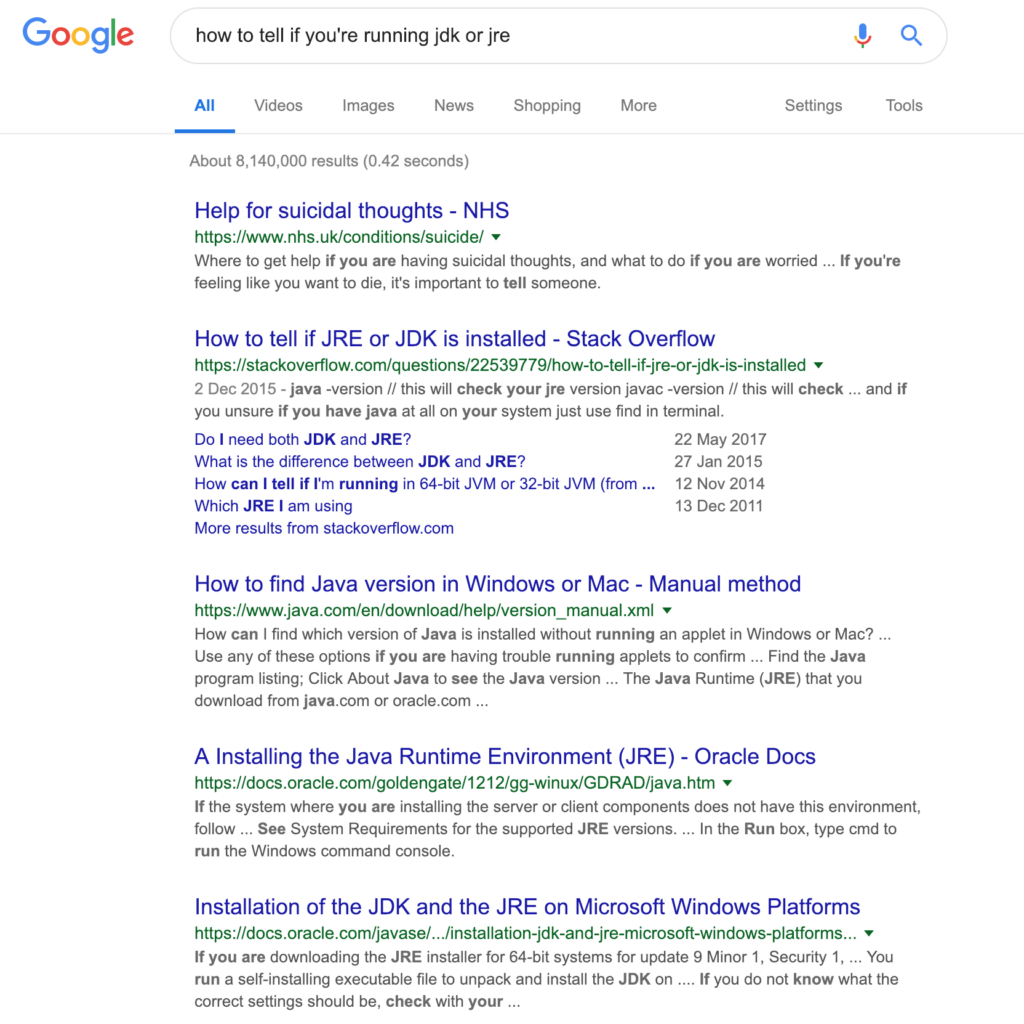The first two blog posts on this site have concentrated on the technical aims of starting this website – to improve and expand my linux, nginx, and other associated skills.
Now it’s time to talk about another reason:
It’s been fairly obvious now that, after nearly two decades of tech expansion and growth combined – paradoxically – with the mass centralisation of user activity, there is a very good chance that, come the next tech recession, large chunks of people’s online presence risk being lost to the Official Reciever and the world’s various bankruptcy courts.
In some instances this may be a benefit – the loss of a million cringe-inducing MySpace profiles probably helps some sleep at night – but others (the slow slip of LiveJournal into the Russian sphere, the coming purge of millions of images on Flickr as various owners try – and fail – to make the site sustainable) qualify as material risks to online presences that may now stretch back two or more decades and provide value to the people concerned.
Operating my own domain allows me to hedge against these kind of events.
That’s not to say that this site will stay up – or will even always be available – but, thanks to the collapse in costs in personal hosting, I stand a far better chance of dictating the length of this site’s existence than I would were I to commit my content to someone else’s platform.
Domains name registration, DNS resolution services, hosting; these are all commodity activities that can be swapped at will – as long as I have the relevent authorisation.
And I will never have that relevent authorisation for Flickr.
Or Reddit.
Or LinkedIn.

